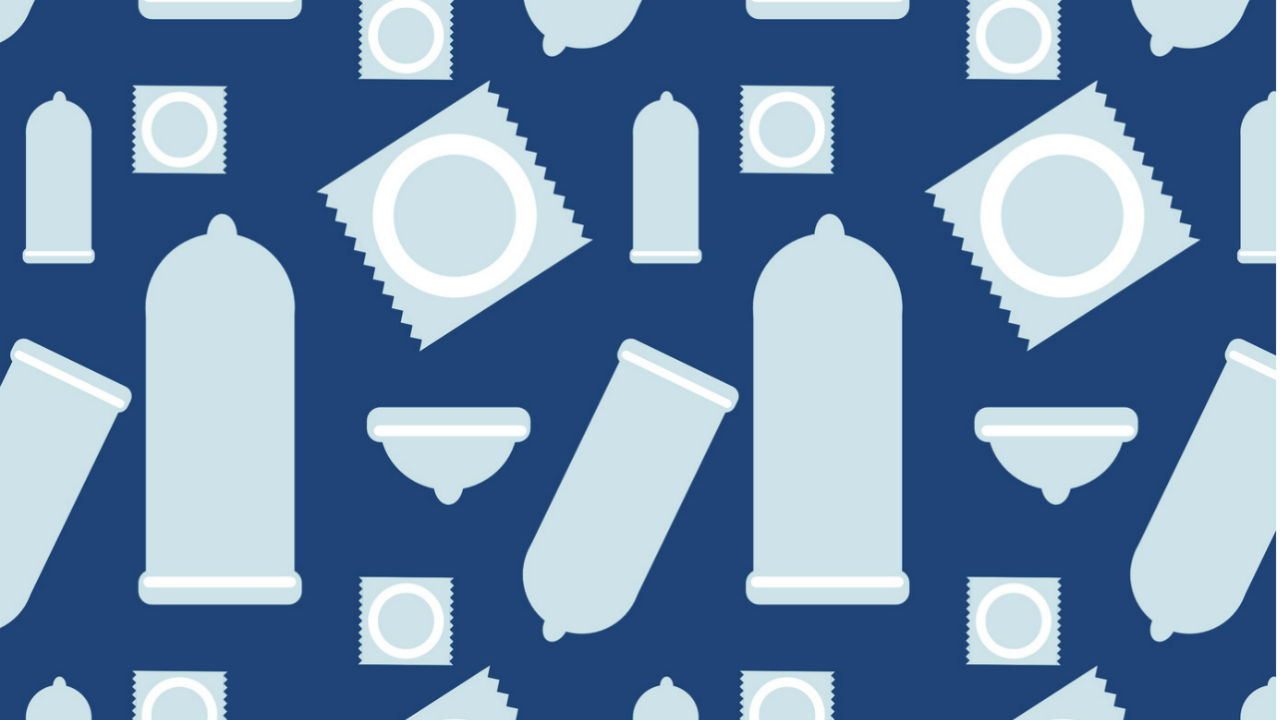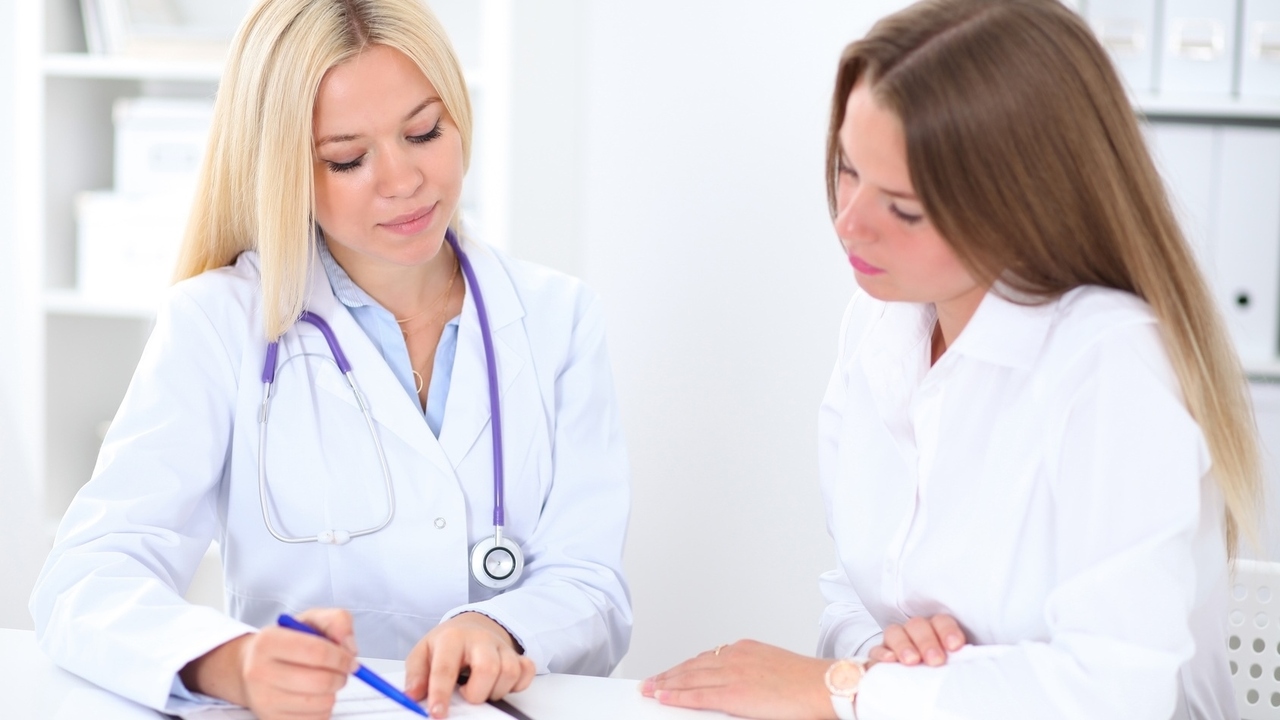Chlamydia doesn’t always present itself with noticeable symptoms and roughly 70 percent of women affected don’t have symptoms, making detection without testing difficult. Women, young and old, with multiple sexual partners need to be especially aware.
Chlamydia can be a scary proposition when you consider that the sexually transmitted disease (STD), if left untreated, could cause Pelvic Inflammatory Disease (PID), scarring of the fallopian tubes, higher risk of contracting other sexually transmitted diseases, and (if pregnant) the possibility of spreading infection to an unborn child.
Caused by the bacteria chlamydia trachomatis, it is one of the most prevalent sexually transmitted diseases, especially among U.S. teenagers.
Symptoms may include a burning sensation when urinating, painful sexual intercourse, and vaginal or rectal discharge (depending on how the infection occurred). If experiencing these symptoms, schedule an appointment with your doctor to be tested.
Chlamydia testing is pretty simple; a swab of discharge from your cervix (similar to a Pap smear), or urine test could indicate the presence of infection. Once infected, you doctor may suggest regular screenings to diminish risk or other diseases as well, particularly if you have multiple sexual partners, don’t always use a condom, or are exposed to other STDs by an infected partner. Your doctor may also suggest screening for other STDs if you test positive for chlamydia since the infection increases the risk of contracting other types of infection.
Questions to ask your doctor might include:
- How is Chlamydia treated? The staple treatment is appropriate antibiotic therapy, including tetracyclines, azithromycin, or erythromycin. If caught early, chlamydia treatment is usually highly successful and could prohibit further, long-term complications.
- Do I need to tell my sexual partner(s)? Being treated for chlamydia may get rid of the infection, but doesn’t prohibit you from getting it again. It is important to suggest partners be tested and treated as needed, also as a precaution to keep an infected partner from needlessly spreading infection and perpetuating the disease. A follow-up evaluation should be done in a month to assure the infection has been cured.
- How can I prohibit getting chlamydia and other STDs? Always practice safe sex, and use a condom every time to help reduce the chance of infection.
- Should I abstain from sexual activity during treatment and for how long?
- Is there any printed material or websites I can review for more information?
Check out EmpowHER’s page on Sexually Transmitted Diseases including Chlamydia for more information.
Resources –
www.google.com/health Chlamydia
www.mayoclinic.com Diseases and Conditions, Chlamydia
Have a question you didn't get answered? Become a member, post a question to our community, connect with others and be EmpowHERed!




